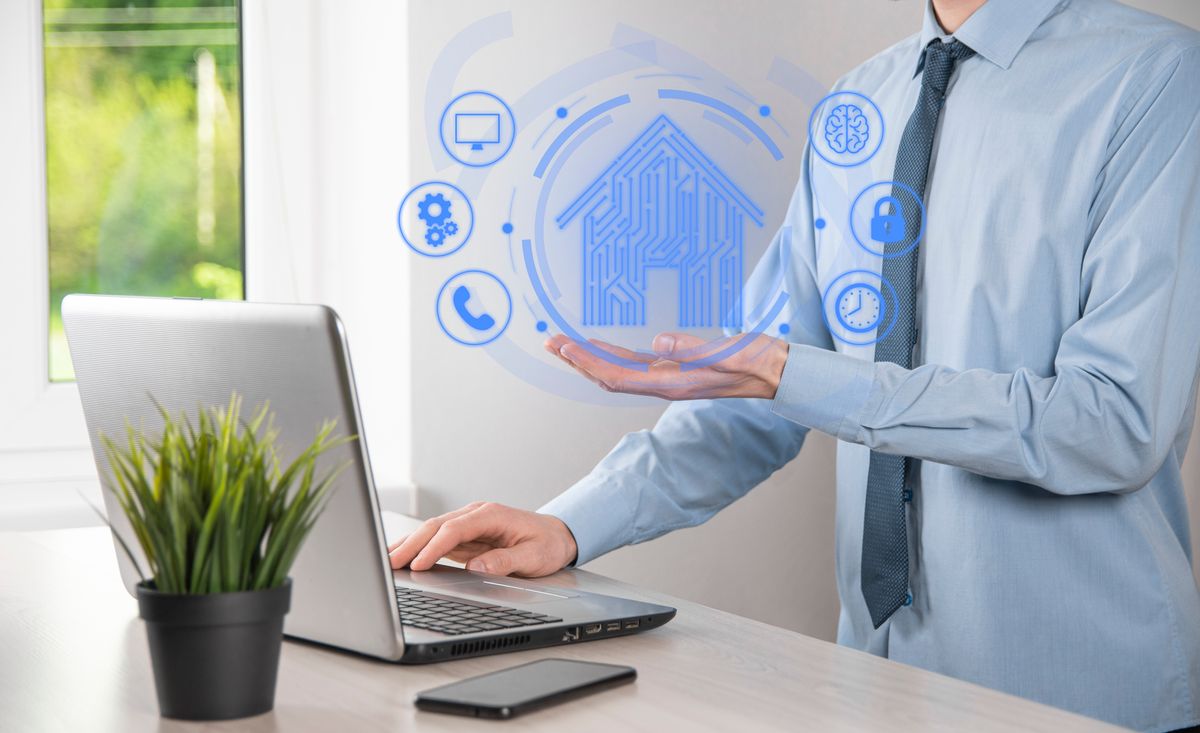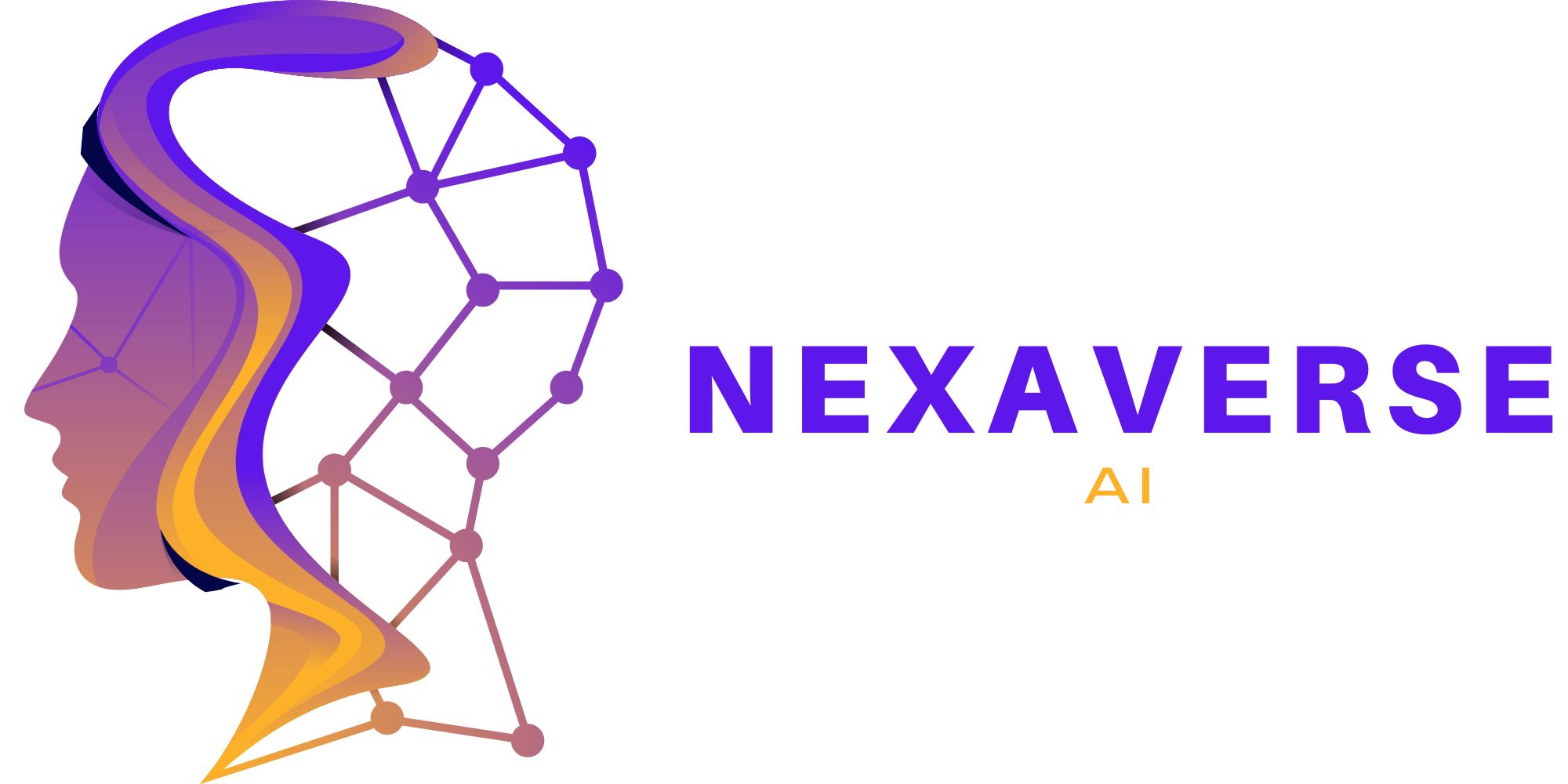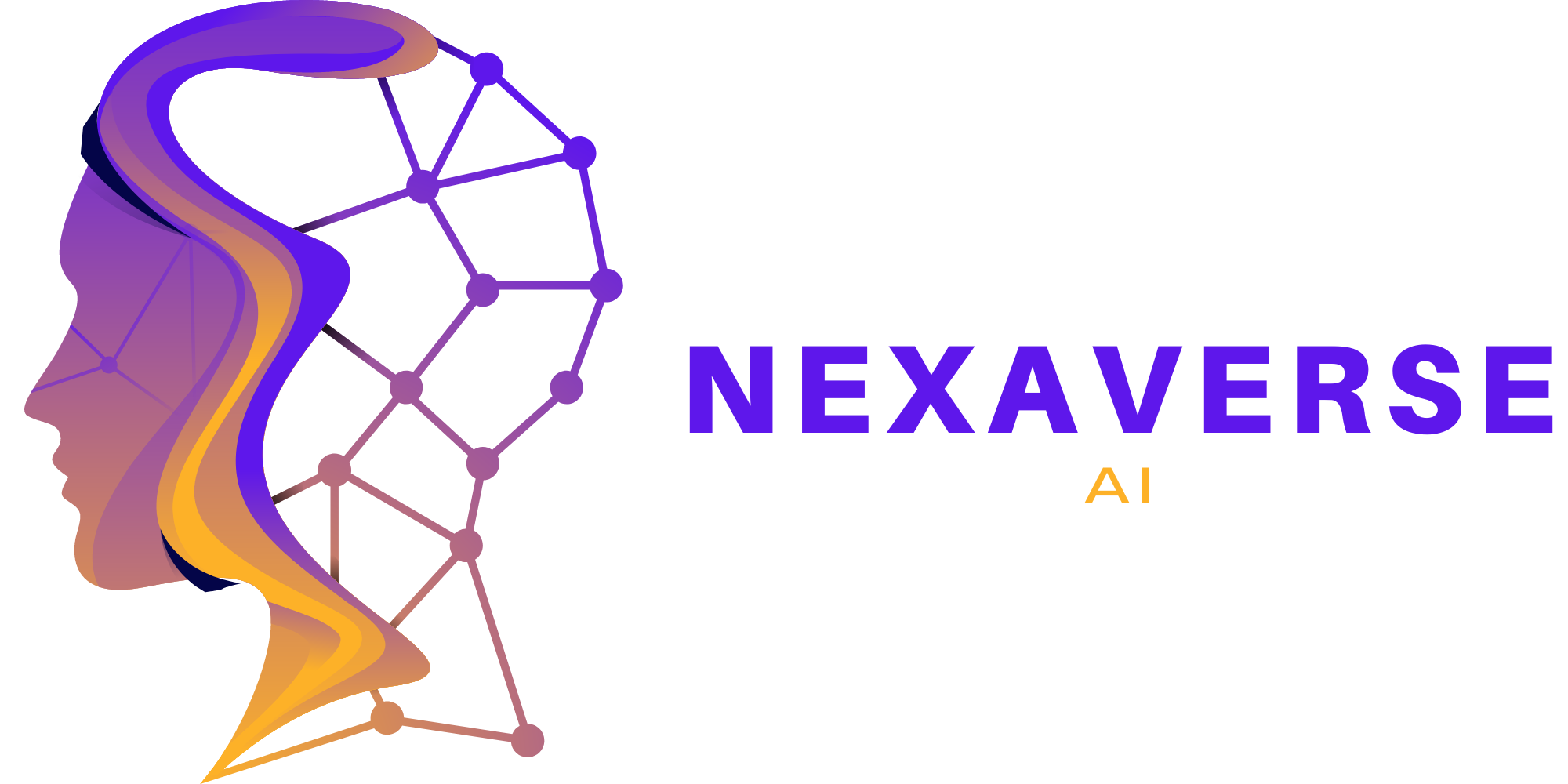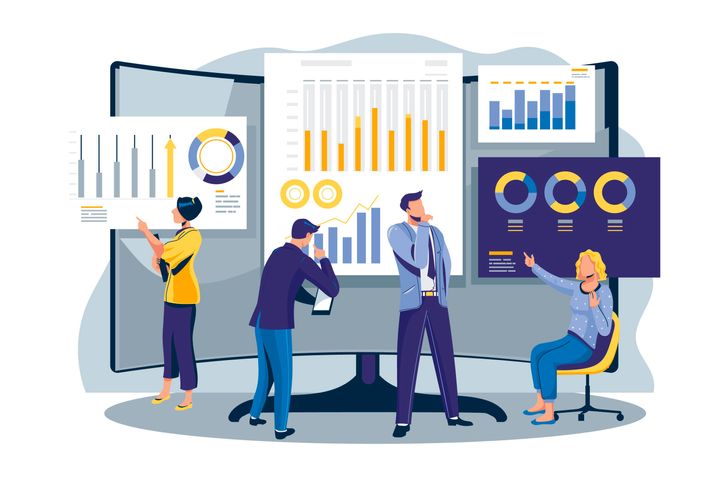AI in Everyday Life: From Smart Homes to Personal Assistants
Discover the ways AI is revolutionizing our daily lives, from smart homes to personal assistants. Explore the impact of AI on our lifestyle and the benefits it brings.

How Artificial Intelligence is Revolutionizing our Daily Lives
In today's digital age, artificial intelligence (AI) has become an integral part of our everyday lives. From smart homes to personal assistants, AI technology has made our lives more convenient, efficient, and connected. In this comprehensive guide, we will explore the various ways AI is transforming our daily routines and the impact it has on our lifestyle. Get ready to dive into the exciting world of AI and discover how it is reshaping the way we live.
Let's explore the ways AI is revolutionizing our daily lives!
Smart Homes: The Future of Living
Imagine waking up in the morning to a house that anticipates your needs, adjusts the lighting and temperature to your preferences, and even brews your coffee just the way you like it. This is the reality of smart homes powered by AI. With the help of AI-powered devices such as smart speakers, thermostats, and security systems, our homes have become smarter, more efficient, and more secure.
AI technology allows our homes to learn from our habits and adapt to our needs.
For example, smart thermostats can analyze our temperature preferences and automatically adjust the temperature accordingly, ensuring optimal comfort while saving energy.
Key features of AI-powered smart homes:
- Voice-activated assistants like Amazon Alexa and Google Assistant that can control various devices and answer questions
- AI-powered security systems that can detect and prevent break-ins
- Energy management systems that optimize energy usage
Personal Assistants: Your AI-powered Sidekick
Gone are the days of manually setting reminders, searching for information, and managing our schedules. AI-powered personal assistants, such as Apple's Siri, Amazon's Alexa, and Google Assistant, have become our virtual sidekicks, helping us navigate our busy lives effortlessly.
These personal assistants use natural language processing and machine learning to understand and respond to our commands.
They can perform tasks like setting reminders, sending messages, making calls, playing music, and even ordering groceries, all with a simple voice command.
Benefits of AI-powered personal assistants:
- Hands-free operation for increased convenience
- Time-saving by automating repetitive tasks
- Personalized recommendations based on your preferences and habits
AI in Healthcare: Revolutionizing Patient Care
AI is not only transforming our homes and personal lives but also revolutionizing the healthcare industry. From diagnosis to treatment, AI technology is enhancing patient care and improving medical outcomes.
AI-powered systems can analyze vast amounts of medical data to identify patterns, detect diseases, and predict treatment outcomes.
For instance, AI algorithms can analyze medical images like X-rays and MRIs with remarkable accuracy, assisting radiologists in detecting abnormalities and making more accurate diagnoses.
Applications of AI in healthcare:
- Medical imaging analysis for faster and more accurate diagnoses
- AI-powered chatbots for providing personalized medical advice and assistance
- Predictive analytics for identifying patients at risk and preventing diseases
AI in Education: Transforming the Learning Experience
AI technology is also making its way into the education sector, transforming the way we learn and acquire knowledge. With AI-powered tools and platforms, education has become more personalized, adaptive, and accessible.
AI-powered adaptive learning systems can analyze students' performance and tailor educational content to their individual needs and learning styles.
This enables students to learn at their own pace, receive targeted feedback, and engage in interactive learning experiences.
Benefits of AI in education:
- Personalized learning paths for students
- Intelligent tutoring systems for individualized guidance
- Automated grading and feedback for teachers
In conclusion, AI technology has become an indispensable part of our daily lives, revolutionizing the way we live, work, and interact with the world around us. From smart homes that anticipate our needs to personal assistants that simplify our tasks, AI has made our lives more convenient, efficient, and connected. Moreover, AI is transforming industries like healthcare and education, enhancing patient care and revolutionizing the learning experience. As AI continues to advance, we can expect even more exciting innovations that will shape the future of everyday life.
Frequently Asked Questions (FAQs)
Q. What are some potential risks of AI in everyday life?
A. While AI offers numerous benefits, there are also concerns regarding privacy, data security, and job displacement. It is important to address these risks and ensure responsible AI development and usage.
Q. How can AI improve energy efficiency in smart homes?
A. I-powered energy management systems can analyze energy usage patterns and optimize energy consumption. This can lead to significant energy savings and a more sustainable lifestyle.
Q. Can AI-powered personal assistants understand multiple languages?
A. Yes, AI-powered personal assistants are designed to understand and respond to multiple languages, making them accessible to users from different linguistic backgrounds.
Q. How does AI improve patient care in healthcare?
A. I-powered systems can analyze patient data to identify patterns, detect diseases at an early stage, and assist in making more accurate diagnoses. This leads to improved patient care, faster treatment, and better medical outcomes.
Q. What are the benefits of AI in education?
A. I in education enables personalized and adaptive learning experiences, tailored to each student's individual needs. It also provides teachers with tools for automated grading and personalized feedback, enhancing the overall learning experience.




